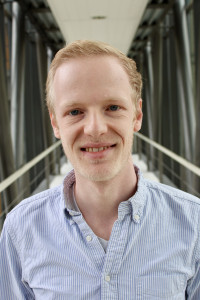Postdoc

Doxorubicin is one of the Topoisomerase II inhibitors that are used for the treatment of various types of cancer, including leukaemia and non-Hodgkin lymphoma. According to its typical mechanism of action, intercalation occurs into the DNA, their target topoisomerase is trapped, thereby generating DNA double-strand breaks and ultimately cell death. As effective and popular as this drug is, its usage is hugely limited by the cumulative cardiotoxicity it brings along.
Our lab has shown that these anthracyclines are able to induce histone eviction from chromatin. Amongst the consequences are a marked delay in DNA repair and diverse epigenetic changes. This additional activity of the anthracyclines may explain the difference in potency and side-effects between these drugs and structurally different Topo II inhibitors.
Inspired by this finding, I work on the design and synthesis of novel anthracycline variants, in order to gain a better understanding of their function and to yield more tolerable and effective anticancer drugs. Two such variants we are currently pursuing clinical trials with.
I did my Bachelor’s in Molecular Science and Technology at the TU Delft / Leiden University, then did my Master’s in Research Chemistry at the University of Leiden. As part of the Institute for Chemical Immunology, I then did my PhD on synthetic methodology for the synthesis of anthracyclines under prof. dr. Overkleeft and prof. dr. Codee, which I obtained in November 2019. I stayed on as a postdoc there for (amongst other work) the development of a large scale and GMP-compliant synthesis route for N,N-dimethyldoxorubicin and moved to the LUMC in May 2023.



Looking for information on one of our topics, a new place to conduct your research or experienced research to join forces with? Feel free to contact us.!